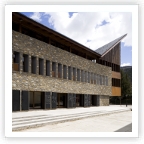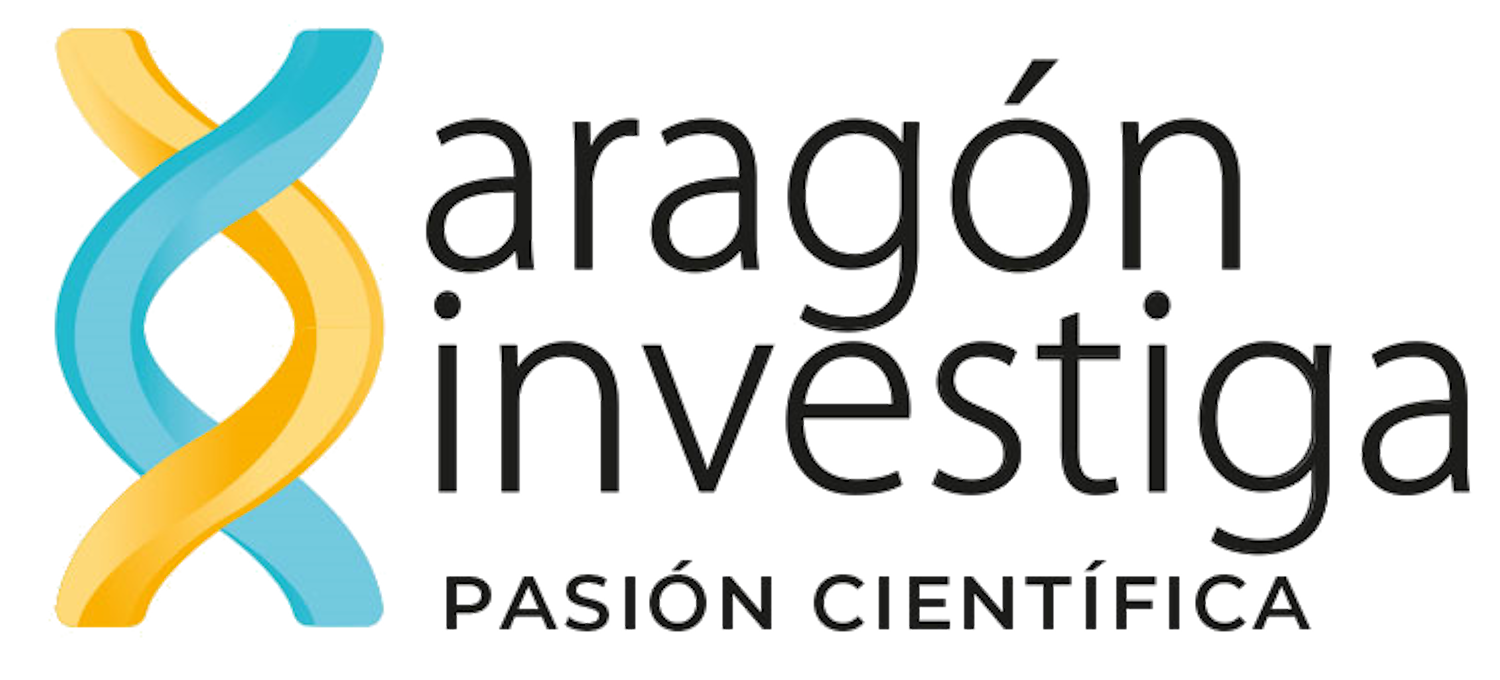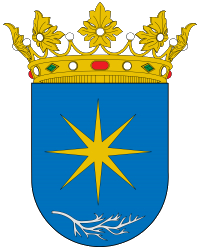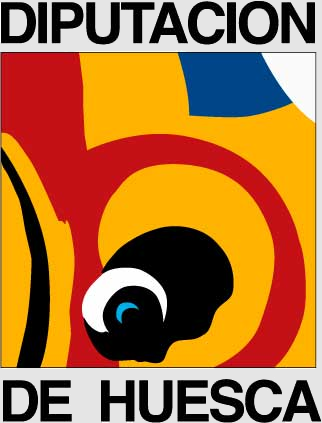
Mission
The Centro de Ciencias de Benasque Pedro Pascual (CCBPP) operates as an advanced research institute located in the heart of the Spanish Pyrenees. The aim of CCBPP is to offer an agreeable atmosphere for professional researchers to meet and carry out their work.
Basically, the CCBPP runs on a proposed topic for a period of time that ranges from one to three weeks. Discussion groups and talks are organized by scientific advisors and by participants themselves. The CCBPP is designed to attract around 160 researchers at a time. Upon request, some collaborating teams are accepted.
The CCBPP offers some basic infrastructure that includes seminar rooms, plenty of blackboards, desk space, a full secretariat service and computer facilities. Participants are encouraged to bring their own notebooks and connect via wifi.
The organization takes care of hosting and maintaining the web for each working sessions. It also centralizes the accommodation of participants. The CCBPP is a non-profit institution entitled to handle any extra funds obtained by organizers.
The center is financially supported by MINECO, CSIC, Gobierno de Aragón, DPH, Ayuntamiento de Benasque and Universidad de Zaragoza.
Further questions can be mailed to [email protected] or to the fax number +34-974 55 14 75
History
In this page we give a brief summary of the activities of the center since its foundation in 1994.
Origin
In 1994, the Benasque Center for Physics was created as the result of the effort undertaken by the Spanish physicists Pedro Pascual (Univ. Barcelona, Director), Manuel Asorey (Univ. Zaragoza, coordinator) and José Ignacio Latorre (Univ. Barcelona, coordinator) and the mayor of Benasque, Mr. José Marión, to create an advanced summer institute where researchers could carry out their work in a nice location in the heart of the Spanish Pyrenees. The Center was designed in close but modest analogy to the Aspen Center for Physics, which remains one of the leading centers to attract high quality scientists and trigger collaboration among them.
In contrast to big conferences and workshops, the Center was organized as a place to work. Participants were offe#f56a6a a desk and a computer account. A maximum of two talks per day were scheduled, leaving plenty of time for discussions and individual work. The Center was physically laid out in the former elementary school of the village of Benasque. Classrooms provided desk space, the gymnasium was turned into a computer room and talks were held at the mensa. The secretariat and a larger conference room was located in the Casa de la Cultura, next to the school.
Status
In order to improve and expand the activities of the Benasque Center of Physics, a new institution, with the name Fundación Centro de Ciencias de Benasque (FCCB), was created on July 15, 1999. The act of creation is contained in the public document number 253 in the presence of the Notary of the College of Zaragoza Mr. Javier Santos Lloro. The patrons of the new Institution patrons were the City Council of Benasque, the Diputación General de Aragón, the Diputación Provincial de Huesca and the University of Zaragoza. It is inscribed as a non profit Institution in the Boletín Oficial de Aragón of February 16, 2001. The fiscal identification number of FCCB is CIF G.22217905.
In the first meeting of the board (March 19, 2002), the mayor of Benasque was appointed President and Prof. Pedro Pascual director and manager.
In 2006, the board accepted two new members: the Ministerio de Educación y Ciencia (MEC, that later delegated his dutties in the Ministerio de Ciencia e Innovación MICINN) and the Consejo Superior de Investigaciones Científicas (CSIC). The new members promoted the construction of a new building, properly designed to host high level meetings. It was also decided to change the name of the center to "Centro de Ciencias de Benasque Pedro Pascual" in honor of Professor Pedro Pascual who passed away later in November. Prof. José Ignacio Latorre was appointed as Director-Gerente and Prof. Manuel Asorey was appointed as Director-Coordinador to run the renewed center. Specific contracts between the center and the administrations were signed to guarantee a minimum financial support to carry all scientific activities.
Inauguration
The new building of the "Centro de Ciencias de Benasque Pedro Pascual" was inaugurated on the 14th of July 2009 by the "Ministra de Ciencia e Innovación" Cristina Garmendia.
Sessions
Until 2022 the center has hosted 265 sessions. The details of the past activity can be found in the previous section of the website.
Participants
The total number of participants attending the 265 ordinary meetings held up to the end of the year 2023 amounts to 16925 from 79 countries. The detailed distribution of participants depending on their home institution country is:
| Algeria | 7 |
| Argentina | 52 |
| Andorra | 7 |
| Armenia | 6 |
| Australia | 108 |
| Austria | 478 |
| Belgium | 217 |
| Brazil | 151 |
| Bulgaria | 3 |
| Cameroun | 2 |
| Canada | 276 |
| Colombia | 12 |
| Costa Rica | 1 |
| Cuba | 2 |
| Chile | 63 |
| China | 204 |
| Croatia | 47 |
| Cyprus | 3 |
| Czechoslovakia | 133 |
| Denmark | 144 |
| Egypt | 3 |
| Finland | 81 |
| France | 1077 |
| Gambia | 2 |
| Germany | 1725 |
| Ghana | 1 |
| Greece | 29 |
| Guadalupe | 1 |
| Guatemala | 1 |
| Holland | 284 |
| Hungary | 58 |
| India | 66 |
| Indonesia | 1 |
| Iran | 16 |
| Iraq | 1 |
| Ireland | 42 |
| Israel | 179 |
| Italy | 635 |
| Iceland | 3 |
| Japan | 200 |
| Kazakhstan | 10 |
| Luxembourg | 8 |
| Malaysia | 2 |
| Malta | 2 |
| Mexico | 84 |
| Morocco | 21 |
| Mongolia | 1 |
| Nigeria | 2 |
| Norway | 26 |
| New Zealand | 13 |
| Palestine | 1 |
| Pakistan | 3 |
| Peru | 5 |
| Poland | 225 |
| Portugal | 129 |
| Puerto Rico | 2 |
| Romania | 36 |
| Russia | 128 |
| Serbia | 2 |
| Singapore | 137 |
| Estonia | 4 |
| Slovakia | 17 |
| Slovenia | 10 |
| South Korea | 111 |
| South Africa | 14 |
| Spain | 5949 |
| Sweden | 160 |
| Switzerland | 485 |
| Syria | 1 |
| Taiwan | 20 |
| Thailand | 1 |
| Tunisia | 9 |
| Turkey | 20 |
| UAE | 34 |
| United Kingdom | 1271 |
| USA | 1634 |
| Uzbekistan | 1 |
| Ukraine | 19 |
| Uruguay | 7 |
Structure
Patronato de la Fundación Centro de Ciencias de Benasque "Pedro Pascual"
- Ministerio de Ciencia, Innovación y Universidad- Consejo Superior de Investigaciones Científicas (CSIC)
- Gobierno de Aragón
- Universidad de Zaragoza
- Ayuntamiento de Benasque
- Diputación Provincial de Huesca
Scientific Commettee
- Diego Blas (ICREA/IFAE)- Luis Martín-Moreno (INMA, Zaragoza)
- Román Orús (DIPC, San Sebastián)
- Antonio Pich (IFIC, Universidad de Valencia-CSIC)
Director - Gerente
- Manuel Asorey (U. Zaragoza)Director - Coordinador
- José Ignacio Latorre (TII, Abu Dhabi - NUS, Singapore)Funding
Institutional long-term financial agreements
The Benasque Center for Science Foundation has signed agreements to provide long-term financial support with the following institutions:
Private long-term financial agreements
The Benasque Center for Science Foundation has signed agreements to provide long-term financial support with the following institutions:
Some sessions profit from extra funding granted by private and public institutions, e.g. ESF, UE, NSF, MICINN, CSIC.
People
Directors

Manuel Asorey - Director Gerente
Catedrático de Física Teórica (U. de Zaragoza)
e-mail: [email protected]

José Ignacio Latorre - Director Coordinador
Catedrático de Física Teórica (U. Barcelona - TII, Abu Dhabi - NUS, Singapore)
e-mail: [email protected]
Secretariat
Tech Support
Cleaner Personnel
Transparency
Activity reports arxive:
2015, 2016, 2017, 2018,
2019, 2020, 2021, 2022, 2023
Economic reports arxive:
2016, 2017, 2018,
2019, 2020, 2021,
2022, 2023
















